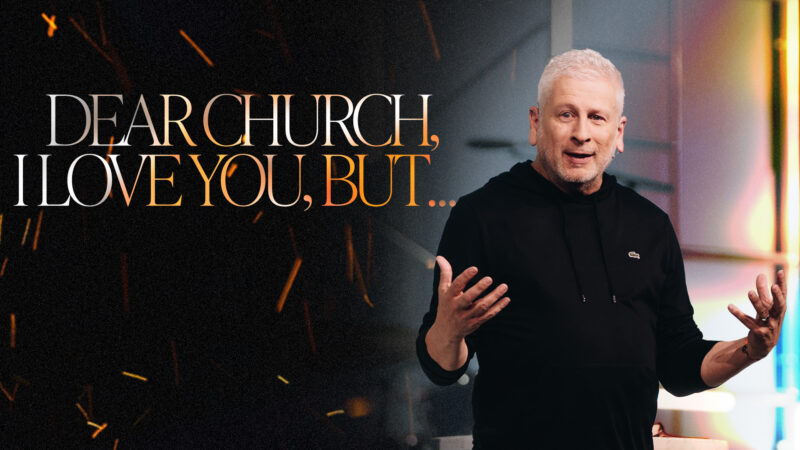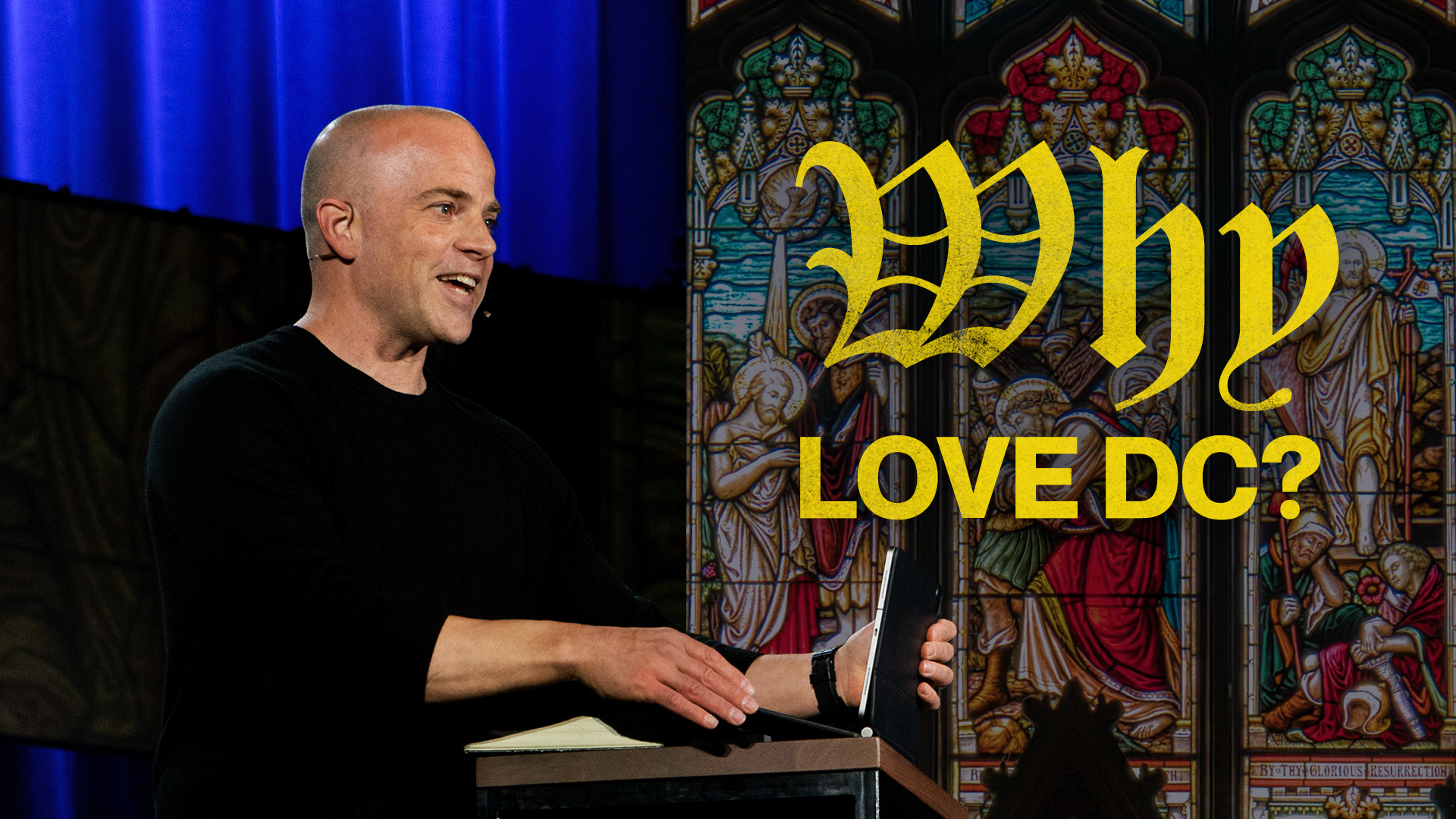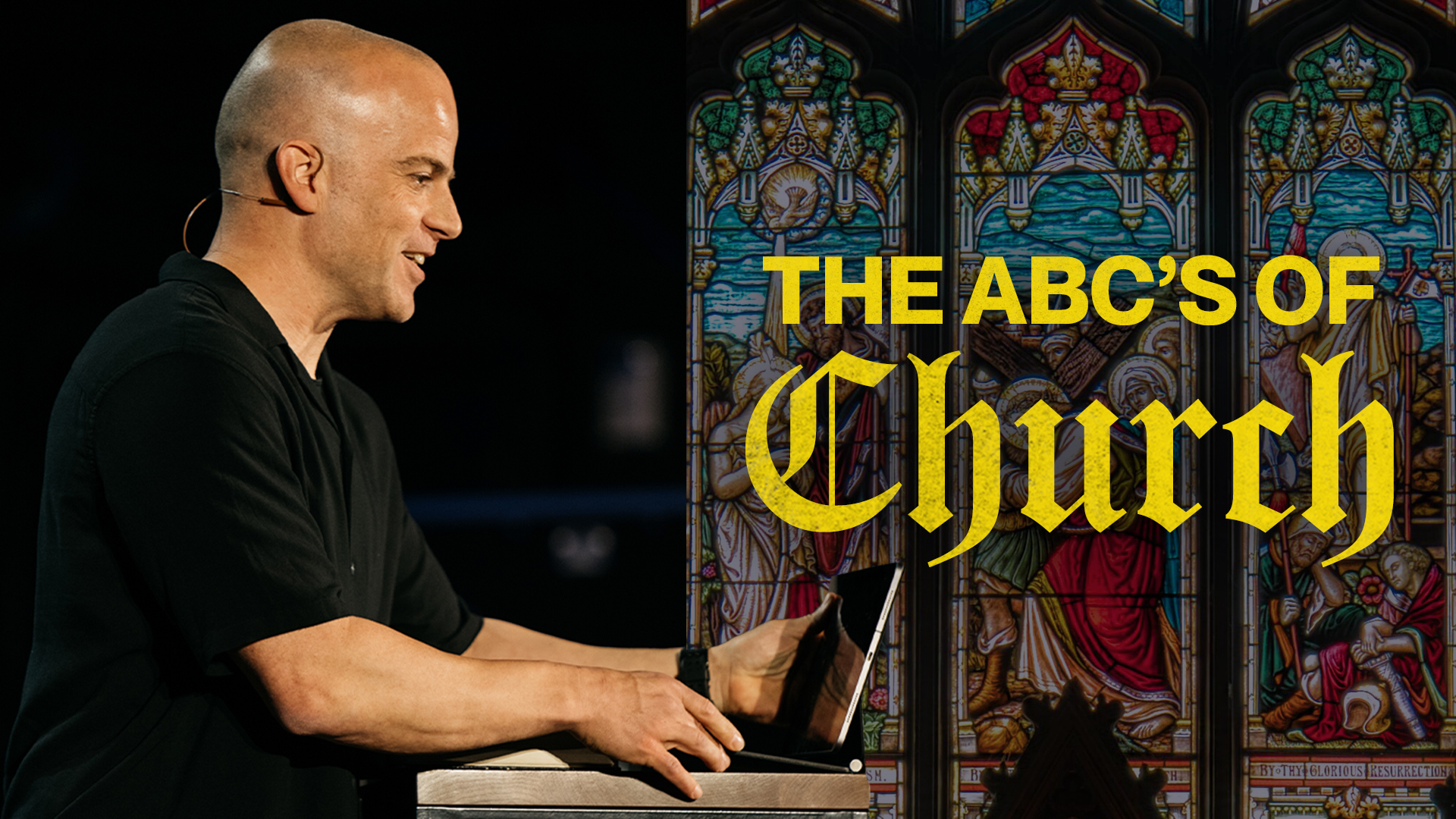Alright, this is round 17 of 20 days in 2 Timothy. Take a deep breath. Clear your mind. Let’s ask God for some grace. And let’s jump into 2 Timothy chapter four beginning in verse six. And it says this. For I’m already being poured out as a drink offering and the time of my departure has come. I have fought the good fight. I have finished the race, I have kept the faith. Henceforth, there is laid up for me, the crown of righteousness, which the Lord the righteous judge will award to me on that day. And not only to me, but also to all who loved his appearing.
It’s interesting, I remember when I started leading it breakaway. I was in my late 20s and one of my first weeks in town, a life insurance salesman came and visit with me and told me it’s never too early to start thinking about your own death. And as he was talking about that, he was selling me life insurance but I was starting to wonder about these bigger things of like, yeah, what is going to happen when I die? And naturally turning towards, what do I want to be true of me? And I’d ask you that same question, what do you want to be true of you when you die? What do you want to have said you did that you’d feel proud of and feel good about?
Well, that’s where we are in the book. Paul is beginning to turn, and he’s going to talk about the ending of his life. If you remember, in this last section, he was telling Timothy, preach the word. You go out there and deliver the ball to the world. You go out there and proclaim this message because God is a judge that’s coming again, gonna to hold us accountable, in a world that’s getting mediocre you need to excel at the revealed things in the word of God.
And now he gives him another motivation, too, of why Timothy has to step out and proclaim the Word. Paul says because I’m leaving. I’m done. Timothy, you have to carry the baton, because to you with failing hands, I throw the torch. It is yours to hold high. And here you see in this section, Paul begins to talk about the end of his life, and in verse six, he says, I am already being poured out like a drink offering. The drink offering back then in Jewish worship was the last part of the last offering at the end of the day. That Paul sees his life, like he said in Romans, is my whole life was a sacrificial offering to God. And now, he says, by this, I look at my life, Timothy, I’m at the drink offering stage. I’m at the very end where the cups being shaken out, I’m done. He says the time of my departure has come.
That word departure is actually a military term. It’s ἀνάλυσις. It means to untie the rope. It’s to untether the tent that Paul sees himself as a warrior that’s been fighting on foreign soil and now he’s going home. He’s like, Timothy God is striking my tent and I’m leaving. But then he pauses to reflect on his life in verse seven, he says, and I have fought the good fight. I finished the race. I kept the faith. Remember, he used those imagery, that imagery with Timothy. He told him, hey, be like a soldier, be like an athlete and he looks at his life and he says, Timothy, I was like a soldier. I fought the good fight. Which is interesting because we normally take that statement now and mean it to say, just do your best. Fight the good fight. And that’s a misappropriation. The word good there is not modifying the way you fight, it’s modifying the fight. Paul saying, hey, of all the fights in the world, I picked the right one.
There’s so many things people can fight about and get upset about or spend their whole lives on, he says, but there’s a good fight. One that doesn’t try to mow over people but rescue people. One that doesn’t destroy people but loves and restores. He said I fought that spiritual battle of praying for people, preaching the Word to them, serving them, helping them, caring for them. Of all the fights, I fought the good one, Timothy. And I finished the race.
God has a race marked out for us, Paul told the Ephesians, that we’re meant to run in. And Paul said, I ran in it. He called me to proclaim his message to the nations, and I did it. And I kept the faith. He delivered to me the ball of the essentials of who Jesus is and our need for him. And he said, and I didn’t fumble it. I held it and I ran it. And he used the perfect tense of all these verbs. He sees himself at the end of his life and he says, Timothy. As I reflect back on my life, I fought it. I ran it. I kept it. I did it. And so he gets to say a beautiful thing. I want you to say and I want me to say, he says, henceforth, there is laid out for me a crown of righteousness. Like an Olympian crossing the finish line, he said, I’m going to get the wreath on my head. I did it. I did the right thing, which the Lord, the righteous judge will award to me on that day.
We talked about it this last time how there’s different themes that keep showing up in every single chapter of 2 Timothy. One is the Word of God. Receive it, protect it, deliver it. And then now you get suffering. Endure for it because it’s difficult s ometimes to carry the Word of truth in the midst of a day of deception. But then often he brings up, on that day, on that day, and he does it again here. He’s looking forward to the day when the clouds break, and Christ comes again.
And he says, hey, I’ve got the word of God, I’m going to deliver it. I’m going to suffer for it. Until that day he calls me home and I see him face to face. And he says, I’m going to be awarded on that day. And not only me, but those who love his appearing.
It’s interesting, if you read the New Testament, so much of the motivation for our behavior is not what Christ did in the past, it’s what God is doing in the future. The New Testament leans forward. And it’s interesting, Paul calls us here, those who love his appearing. Have you ever thought of yourself that way? That what I love, is the thought of seeing Jesus again when he comes. When the king arrives. I love him. I want to see him. I’m racing towards him.
That’s how we’re meant to see ourselves. We’re Robin Hood. If you remember Robin Hood, King Richard was far away, and so the sheriff of Nottingham had ushered in a dark day. There was a pressing people and Robin Hood decided this is wrong, I’m going to leverage my life to relieve human suffering and care for the people. But that means I’ll take on suffering for myself. I don’t get a house, I’ve got to live in the trees. And so Robin Hood lived a tough life, but he knew but one day the great high king Richard will come again and I will be vindicated and the sheriff will be cast aside and the people liberated. So I’m going to fight for the true king until he comes to take his throne. And if you watch the Kevin Costner version when Sean Connery, King Richard returns, the sheriff is in dismay. But Robin Hood smiles cause he knows I fought for the true king until he saw him again, and I love his appearing.
And that’s who you want to be. I leverage my life for the fight that matters most. And so when I see Jesus, I celebrate cause I did it. I fought, I ran, I kept. And now there awaits for me, a crown. Not because I’m so great because he is. And I loved his appearing, so I went racing into the sunrise. That’s your call and mine. We chase a God that we burst through the finish line and get to see face-to-face in eternity. So I don’t know what parts of your life now need to shift, but don’t lose that gaze of man and I’m racing into an eternity. I want to be about his cause. So assess your schedule, assess your time. Am I spending an inordinate amount of time on things that at the end of my life won’t really matter?
What do I want to be true of me when I die? Maybe that’ll adjust where you spent some time. Maybe less time on a screen, more time serving. Maybe less time soaking in the world view of the world, and more time soaking in the world view of the Word. Assess it. Talked to God about it. Process it. And then let’s let our lives align with his priorities. Praying for you. Love you. Cheering you on. See you next time.




